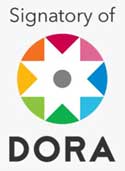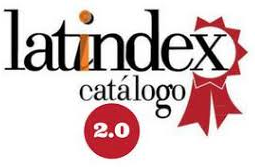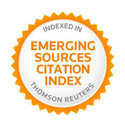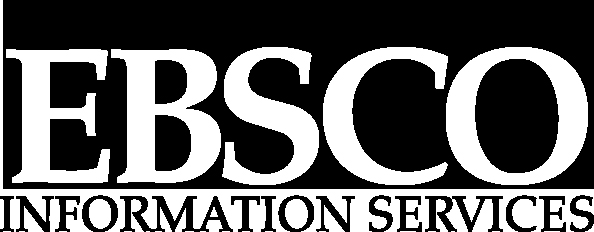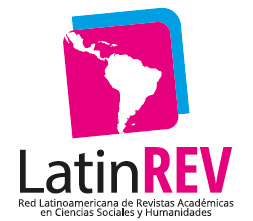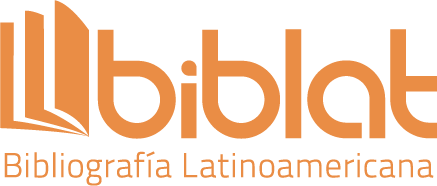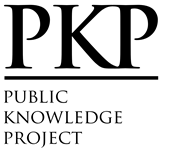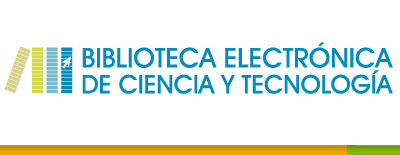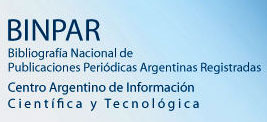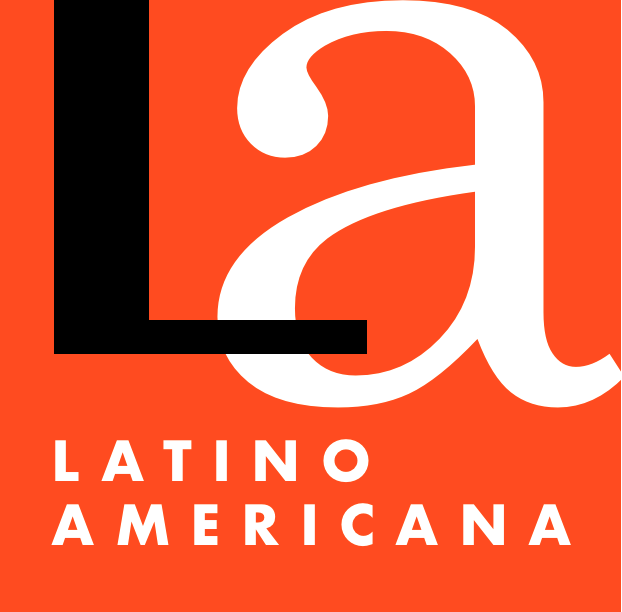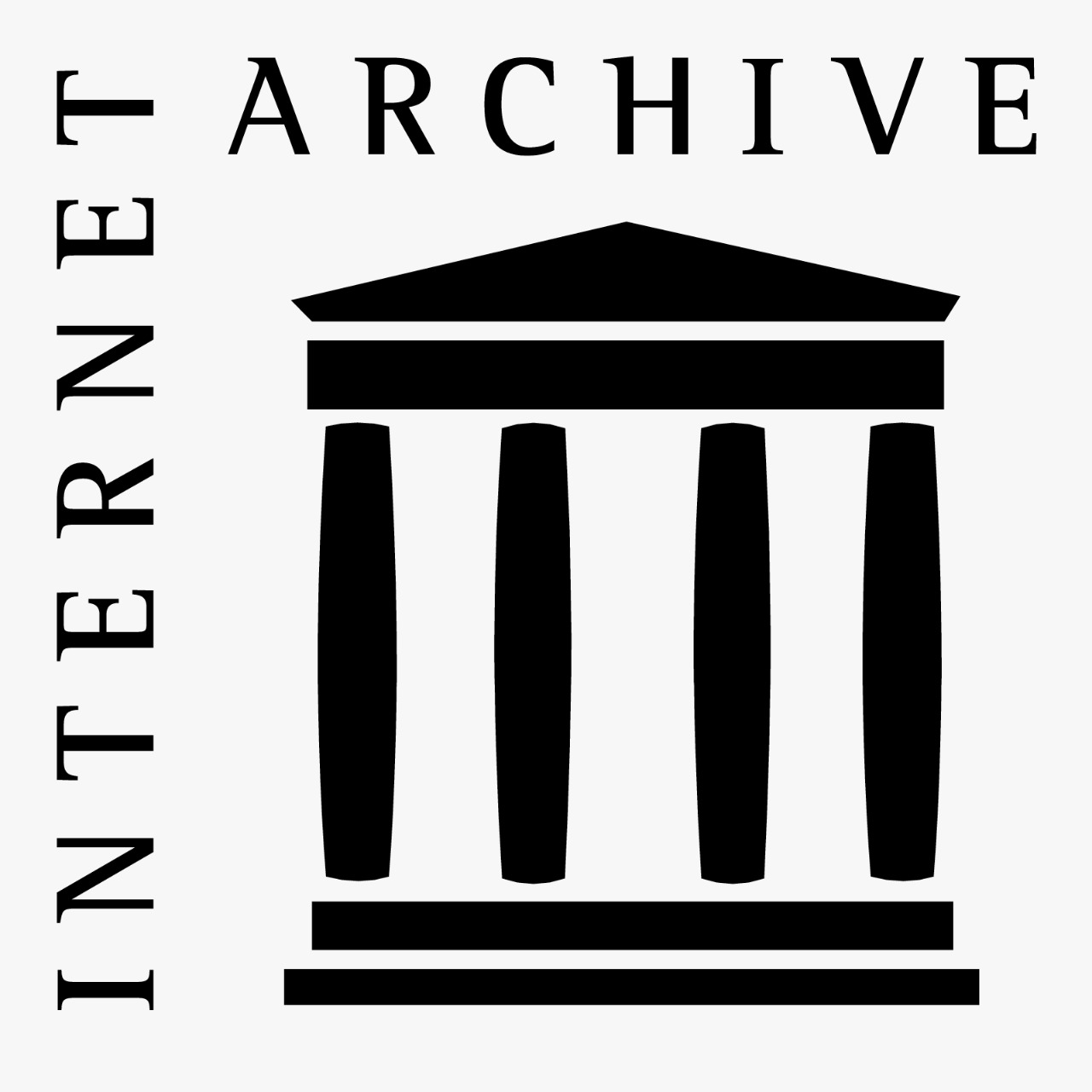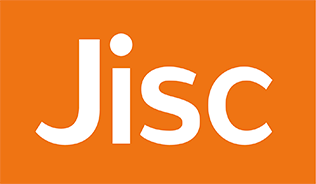Proceso de revisión por pares
Una vez recibidos los artículos se seguirá el siguiente proceso de revisión por doble ciego:
1. Se verificará el cumplimiento de los requisitos de formato que figuran en las indicaciones para los autores. En caso de incumplimiento, se devolverá para que se hagan los ajustes correspondientes en un plazo no mayor a 15 días.
2. Se someterá el artículo a una selección previa por miembros del Comité Editorial según dos grandes criterios: pertinencia temática y calidad científica. En caso de que no sea seleccionado, se notificará a su(s) autor(es). Los artículos no aceptados no serán devueltos.
3. Para los artículos sometidos a referato se enviará una versión anónima a dos árbitros, especialistas prestigiosos ajenos a la institución. Los evaluadores externos emitirán un informe sobre el artículo con un dictamen (publicable, publicable con mejoras o no publicable). Los árbitros contarán con guías de trabajo para su evaluación y deberán expedirse en no más de 30 días. Formulario disponible para descarga. Ver abajo.
4. Se considerarán en Comité los informes de los evaluadores y se decidirá si se publica o no y qué mejoras es preciso realizar. En caso de controversia en los dictámenes, se solicitará la intervención de un tercer revisor. Para que un texto sea aprobado para su publicación es indispensable que dos de los tres dictámenes sean positivos. Toda decisión será comunicada al autor, quien recibirá los informes de los árbitros.
5. Si el autor acepta realizar los cambios, deberá enviar el artículo en versión mejorada con un breve informe acerca de lo modificado y una justificación en caso de que haya resuelto no realizar cambio alguno, en un plazo no mayor a 15 días a partir de su notificación.
6. Se resolverá en Comité si se publica finalmente el artículo.
7. El Comité decide el orden de publicación de los artículos de la sección libre y abierta y de la sección monográfica, con arreglo a criterios temáticos y al orden de llegada y de aceptación de cada uno.
8. En caso de detectar erratas, se harán rectificaciones en la edición electrónica.
La revista sigue la Guía para revisiones COPE del Committee on Publication Ethics (COPE).
9. FORMULARIO DE REVISIÓN
| TIPO DE DOCUMENTO |
| Artículo de investigación (Se ha aplicado metodología cuantitativa y/o cualitativa). |
| Informe de cátedra (reflexión científica sobre la didáctica de la comunicación). |
| Revisión bibliográfica |
| Otro (indicar cuál) |
| TEMA |
| Comunicación en cualquiera de sus líneas |
| Planteamiento interdisciplinar |
| Originalidad |
| Aportación innovadora |
| Metodología explicitada y rigurosa |
| TÍTULO, RESUMEN, PALABRAS CLAVE |
| La extensión del título es adecuada y expresa la idea central del artículo. |
| El resumen condensa lo más importante del artículo, es orientador para el lector. |
| El resumen contiene los objetivos del artículo, así como una propuesta o un problema de investigación, y la principal conclusión a la que llega. |
| CUERPO DEL ARTÍCULO |
| El artículo respeta la tripartición habitual, es coherente en su desarrollo. |
| Usa un lenguaje claro y preciso. |
| Tablas, cuadros e imágenes son legibles, funcionales, cooperan con la inteligibilidad y están bien titulados. |
| Se apoya adecuadamente en el estado del arte. |
| El marco teórico es pertinente, no queda aislado del análisis. |
| Los resultados son coherentes con el marco teórico, los objetivos y el problema de investigación |
| Las conclusiones sintetizan convenientemente el trabajo y proyectan a nuevas perspectivas el objeto de estudio. |
| REFERENCIAS |
| Se siguen las normas APA. |
| Corresponden a citas o paráfrasis que están en el cuerpo del artículo, y viceversa. |
| Son relevantes para el objeto de estudio. |
| OBSERVACIONES |
| DICTAMEN |
| PUBLICABLE |
| PUBLICABLE CON MEJORAS |
| NO PUBLICABLE |
| Sobre uso de Inteligencia Artificial |
| ¿Ha utilizado herramientas de IA para la revisión? |
| □ SÍ |
| □ NO |
| En caso de que haya respondido afirmativamente, ¿qué herramienta utilizó y para qué? |

